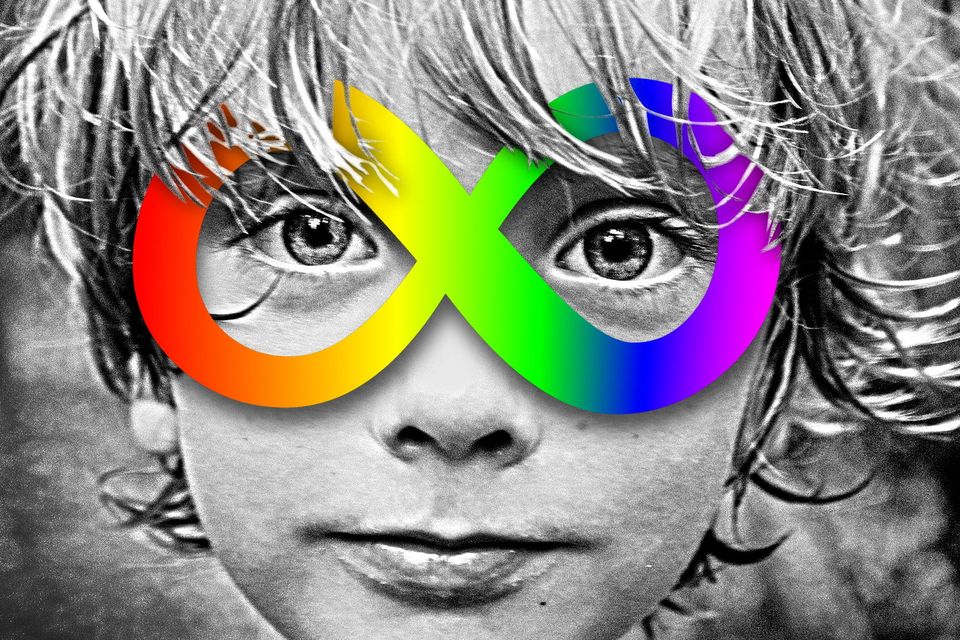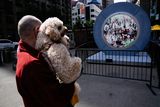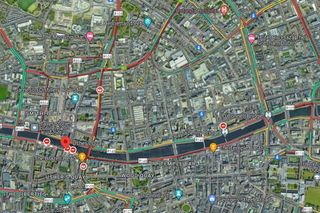‘It’s hard to hear autism called a ‘superpower’ when I’m struggling with the challenges it’s brought to my five-year-old son’s life’
The push for positivity around neurodiverse conditions has seen autism championed as a ‘superpower’, but that’s not true for everyone’s experience of the disorder — especially when research and supports are sorely lacking
"There’s a huge drive right now to see the positivity in being autistic, something immediately apparent when you scan the titles of kids’ books on the topic: ‘My Awesome Autism’, ‘The Superhuman Brain’, ‘Autism is my Superpower!’"
During the summer of 2020 a friend and I sat in my back garden watching as our children, then aged two, played. Her son alternated between playing with toys and staying close to her, babbling his requests and joyfully identifying various plastic figures from children’s television. My youngest, Finn, was busy doing what he always loved to do in the garden: walking the periphery. His little feet digging into the soil to climb up one bank, pushing past plants, oblivious to the scrapes and thorns, to follow the fence, and descend by the wall. Then repeat. When I called his name he didn’t look up. I remember it, because it was the first time I said “autism” out loud as something we might need to explore.
Last month Finn was diagnosed autistic. It’s been a long process, with tests to rule things out, such as hearing difficulties, and other assessments to rule things in such as a diagnosis of a “developmental impairment”, a hazy term that seems to mean Finn has a learning disability — although moderate or severe, we don’t know yet.
Join the Irish Independent WhatsApp channel
Stay up to date with all the latest news















